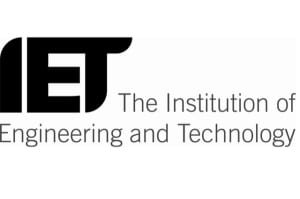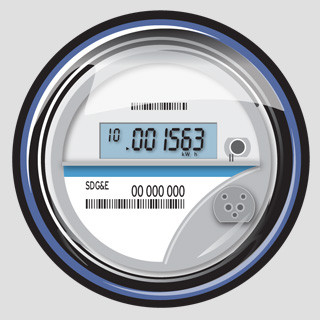As the Public Accounts Committee publishes its report on the Update on Preparations for Smart Metering, engineers are warning of the need for cyber security measures to be integrated into the programme.
Responding to the report, Dr. Simon Harrison from the Institution of Engineering and Technology (IET), said: “The Public Accounts Committee report does not mention the issue of cyber security. The IET has consistently argued that end-to-end consideration of cyber security has to be a key feature of the smart metering system, which will become a part of the nation’s critical infrastructure. It is crucial that all possible steps are taken to ensure the smart meter system will stand up to the continuing cyber security threat.
FREE Download: CISO Data Breach Guide
“Smart meters and the smart grid are part of a critical national infrastructure, which should be planned, designed and managed as a system. The most important role for smart meters is to enable the smart grid, which is needed to support increased renewable energy, electric vehicles, and domestic heat pumps, not to mention to help us avoid having to dig up a lot of streets to install new electricity infrastructure.
“The smart metering programme is challenging in its own right, but it is the first stage in the construction of the smart grid that will be essential for cost-effective and secure low-carbon electricity in the future. When considering the costs of the smart metering system, it is essential that the features designed to enable a future smart grid are taken into account.
[wp_ad_camp_4]
“Our concerns centre around examples of systems engineering, a subject that is currently under-valued in Government. The IET believes that a professional systems architect function needs to be established and will prove essential if the UK is to realistically achieve the transition to low-carbon electricity securely and affordably.”
About IET
 The IET is one of the world’s largest engineering institutions with nearly 160,000 members in 127 countries. It is also the most multidisciplinary – to reflect the increasingly diverse nature of engineering in the 21st century. Energy, transport, manufacturing, information and communications, and the built environment: the IET covers them all.
The IET is one of the world’s largest engineering institutions with nearly 160,000 members in 127 countries. It is also the most multidisciplinary – to reflect the increasingly diverse nature of engineering in the 21st century. Energy, transport, manufacturing, information and communications, and the built environment: the IET covers them all.
For over 140 years the IET has been inspiring, informing and influencing the global engineering community, supporting technology innovation to meet the needs of society. With the complexity and diversity of the engineering world the role of the IET is more relevant now than it ever has been.
The opinions expressed in this post belongs to the individual contributors and do not necessarily reflect the views of Information Security Buzz.



